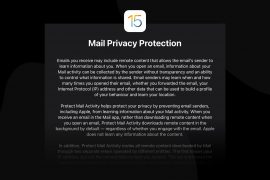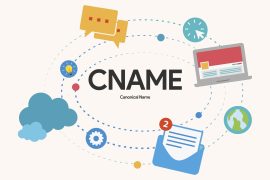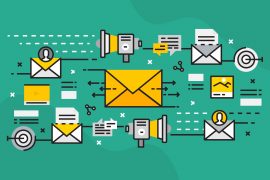With the explosion of Chat GPT and other platforms, Artificial Intelligence has taken on a significant role in the professional world. Marketing experts are not spared from this technological revolution. It has to be admitted that AI, when used properly, can truly transform campaigns (especially email marketing) by offering unprecedented possibilities for personalization and optimization.
This guide explains how to exploit this technology to better understand your customers, refine your messages, and maximize the effectiveness of your marketing actions.
Applications of AI in Marketing
Personalization
One of the most powerful applications of AI in marketing is personalization. Indeed, thanks to Artificial Intelligence, you can analyze each user’s behavior and adapt your content accordingly.
Personalized Emails – AI tools can analyze past user interactions with your emails and suggest personalized content for each recipient.
Product Recommendations – Recommendation engines, such as those used by Amazon or Netflix, use AI to propose products or content based on user preferences and behaviors.
Chatbots and Virtual Assistants
AI-based chatbots can enhance the customer experience by offering instant and personalized assistance.
24/7 Customer Service – Chatbots can answer frequently asked questions, solve common problems, and redirect complex queries to a human agent.
Real-time Interactions – Chatbots can communicate with users in real-time, guide them through the purchasing process, and even make sales.
Sentiment Analysis
It allows you to understand public opinion and consumer emotions towards your brand. An invaluable asset, wouldn’t you agree?
Social Media Monitoring – AI can analyze millions of posts and comments to detect trends and dominant public sentiments.
Improving Brand Reputation – By taking into account consumers’ feelings, you can adjust your campaigns to address concerns and meet your audience’s expectations.
Tools and Technologies
AI Platforms for Marketing
There are several AI platforms that can be integrated into your marketing campaigns:
- HubSpot offers AI features for audience segmentation, email personalization, and performance analysis.
- Salesforce Einstein can provide predictive insights, personalized recommendations, and automation of certain tasks.
- Adobe Sensei can be integrated with Adobe tools to enhance design and content creation.
Data Analysis Tools
- Google Analytics 4 helps identify trends and anomalies in web traffic data.
- IBM Watson Analytics allows you to analyze complex data sets and discover actionable insights.

Using AI to Write Your Marketing Emails
Creating the Subject Line
The subject line of the email is crucial for attracting attention and prompting opens. AI can help you create catchy and relevant subject lines.
Optimized Subject Line Generation – Tools like Persado use AI to generate email subject lines based on linguistic and psychological data, thus increasing open rates.
Automated A/B Testing – AI can perform A/B tests on different subject lines to determine which ones are the most effective. You can then use these results to optimize your future campaigns.
Writing the Text
AI can generate quality texts for your marketing emails by customizing messages based on customer data and current trends.
Message Personalization – Use AI to analyze user data and create personalized messages that resonate with each segment of your audience. For example, a tool like Chat GPT can write texts tailored to the individual preferences of your customers.
Content Optimization – AI can help test different versions of your messages to identify which ones perform best in terms of open and click rates. AI tools like Phrasee can generate and optimize email copies to improve their effectiveness.
Image Selection
AI can also be used to choose the most appropriate images for your marketing emails:
Visual Engagement Analysis – Tools like EyeEm Vision can analyze the visual impact of images and recommend those most likely to capture your audience’s attention.
Visual Personalization – Use AI to select images based on user preferences and behaviors. For instance, AI can analyze users’ past interactions with your emails and choose images they are most likely to favor.
The Importance of Guidelines
Attention, for AI to truly assist you, it is crucial to formulate clear and precise guidelines. Here are our tips:
- Be specific. Clearly indicate the type of content you want, the tone to use (formal, informal, professional, friendly, etc.), and the essential information to include.
- Provide examples of messages, images, and subjects that you consider successful. This helps AI understand your preferences and generate similar content.
- Explain the objectives of your campaign (increase sales, improve engagement, promote a new product) so that AI can align its content with these goals.
- Provide regular feedback on the content generated by AI to improve its performance and refine its suggestions.
Artificial Intelligence offers endless possibilities to improve your marketing campaigns. Obviously, the idea is not to replace humans but rather to provide more support. By understanding the applications of AI and integrating the right tools, this technology is a fantastic asset to help you achieve your marketing objectives more efficiently and innovatively, regardless of the size of your business.







